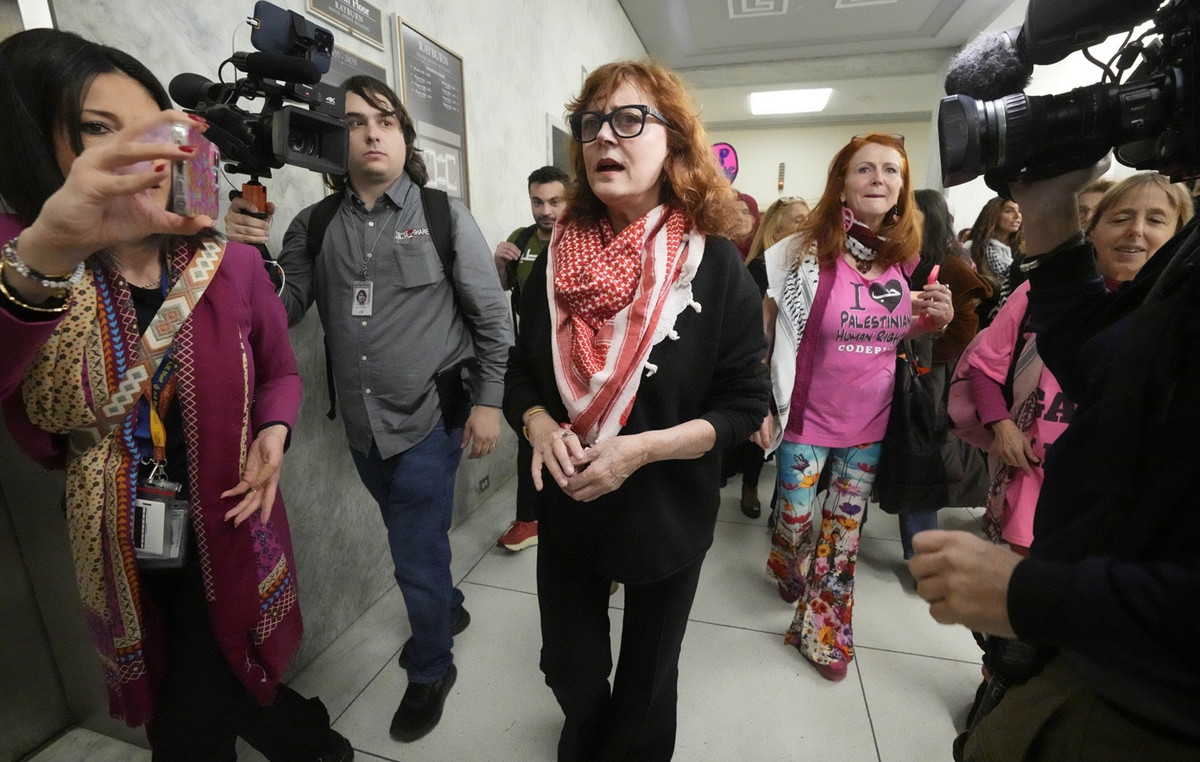The majority of Asian stocks closed on a fall this Friday (10), with profit taking after three sessions of gains. Mainland investors have divested themselves of risky assets amid lingering uncertainties regarding the Ômicron variant of the coronavirus.
On Thursday, Pfizer CEO Albert Bourla said a fourth dose of the vaccine developed by the drugmaker might be needed to neutralize the new strain, though he noted that “real world” data is needed to form a definitive conclusion.
While a definition of the effectiveness of immunizing against the virus mutation is not finalized, covid-19 continues to inspire concern in several countries. South Korea, in particular, today registered the third consecutive day with more than 7,000 cases of the disease, in a wave of infections that has already burdened hospitals.
In this scenario, the Kospi index, a reference on the Seoul Stock Exchange, closed the session at a low of 0.64%, at 3,010.23 points. South Korean Prime Minister Kim Boo-kyum admitted that further restrictions on mobility could be imposed should the situation deteriorate further in the coming days.
In Japan, the Nikkei dropped 1.00%, to 28,437.77 points, in Tokyo. The losses were mainly driven by airlines, given the negative prospects for tourism amid the advance of Ômicron.
The shares of Japan Airlines and Air Nippon Airlines devalued 2.13% and 0.81%, respectively.
In China, Shanghai retreated 0.18%, to 3,666.35 points, while Shenzhen, of smaller coverage, rose 0.14%, to 2,546.65 points. Hong Kong’s Hang Seng Index dropped 1.07% to 23,995.72 points.
Evergrande’s shares dropped by 1.67%, still in reaction to news that the company had defaulted on its debt.
In Taiwan, Taiex lost 0.49% to 17,826.26 points.
In Oceania, the S&P/ASX 200 decreased by 0.42% to 7,353.50 points on the Sydney Stock Exchange.
Miner Fortescue Metals Group fell 0.82% after the company announced the resignation of CEO Elizabeth Gaines as it seeks to shift its transition to the low-carbon system.
Reference: CNN Brasil
I am Sophia william, author of World Stock Market. I have a degree in journalism from the University of Missouri and I have worked as a reporter for several news websites. I have a passion for writing and informing people about the latest news and events happening in the world. I strive to be accurate and unbiased in my reporting, and I hope to provide readers with valuable information that they can use to make informed decisions.







